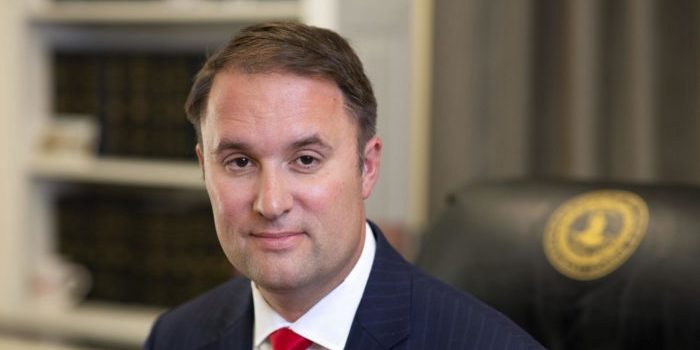(Jacob Bruns, Headline USA) As the Israel-Palestine conflict continues to develop, U.S. university students and professors continue to use their platforms to engage in political activism.
This time, a University of Virginia professor, Tessa Farmer, offered extra credit to her students if they would attend an anti-Israel rally, Fox News reported.
Farmer, who teaches “global studies” and “anthropology” at the college, prompted her class to attend a Students for Justice in Palestine rally for additional “points.”
The rally was advertised as a “[teach-in] and demonstration about the current situation in Gaza, the events and history that led to this moment, and a discussion about how we can [stand] in solidarity with Palestinians resisting occupation.”
Farmer’s attempt to transform her students into activists could the eye of Republican Virginia Attorney General Jason Miyares, who, according to a spokesman, is “very concerned” and is “looking into it.”
After coming under fire, Farmer attempted to explain away her extra credit assignment, suggesting that it was meant “for students to attend events around grounds that are applicable to the global studies course topics, recognizing that important issues will have a diversity of perspectives.”
The professor noted that she is guilty of nothing more than “posting the information provided by the organizers about the event that is happening today.”
The “cultural event,” she argued, was simply meant to help students “critically engage with the content presented.”
On Thursday, Miyares penned a letter to the school’s faculty and students, expressing a “deep concern for the rhetoric of some student groups that are sympathetic to Saturday’s terrorist attacks in Israel.”
“The right to freedom of speech does not include violent acts against persons or property. Individuals who commit crimes as part of demonstrations are subject to arrest and prosecution. Similarly, students remain, of course, subject to student codes of conduct,” he said.
He specifically warned against “threats of violence,” such as calling for “physical confrontations.”
One potential solution, according to the AG, is to “provide counseling resources to affected students and to make arrangements to assist students who have had family members impacted by the violence.”

